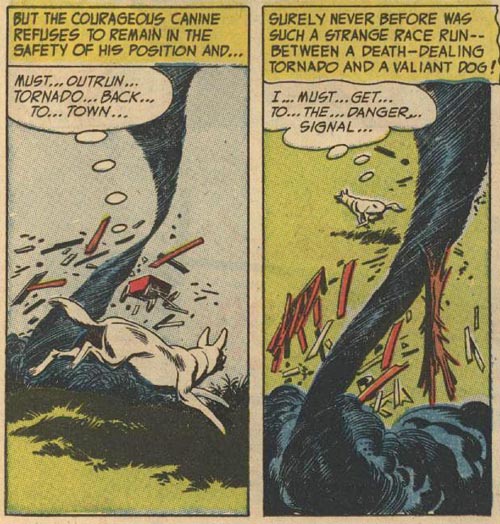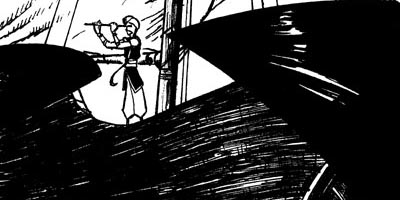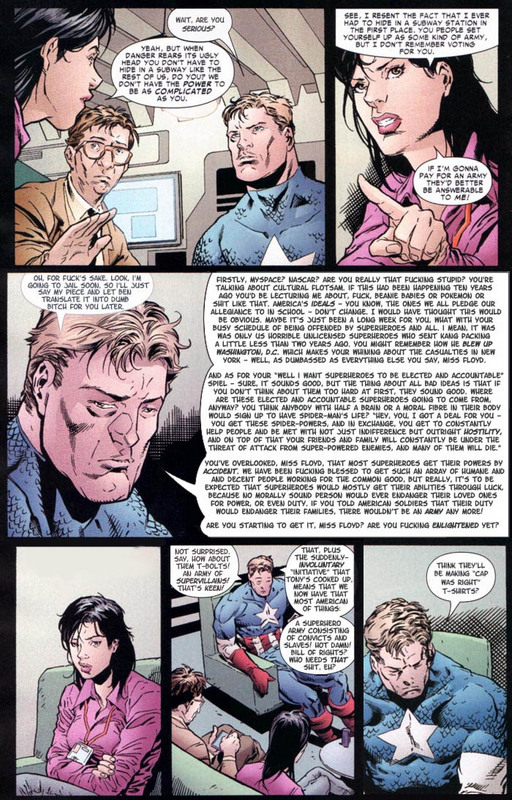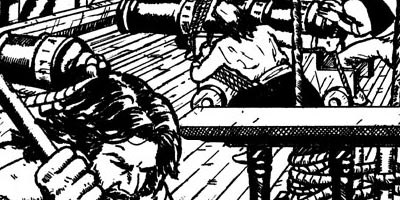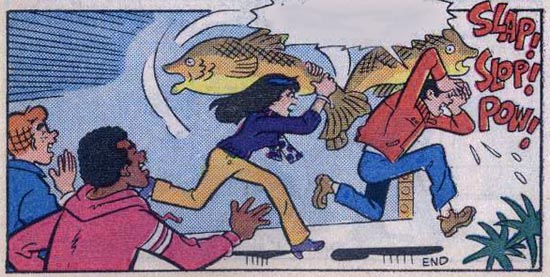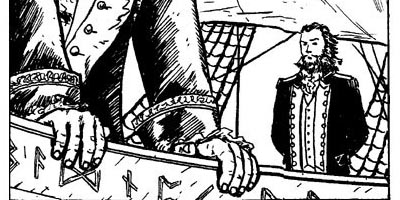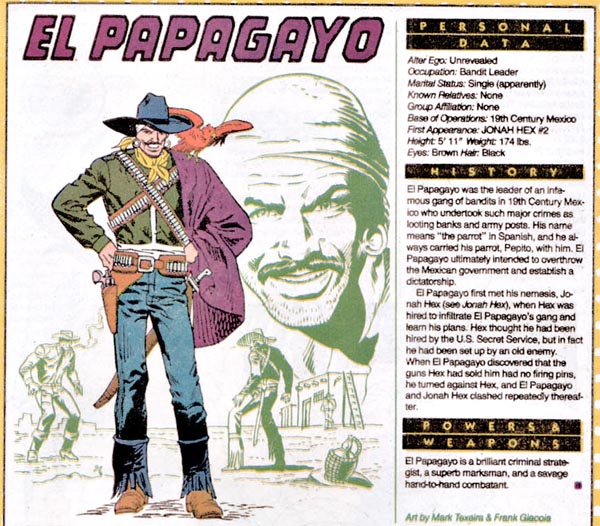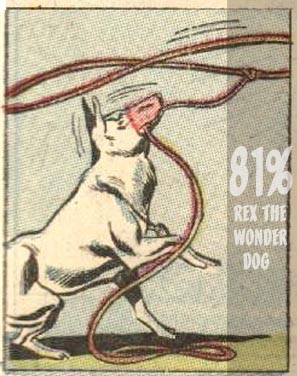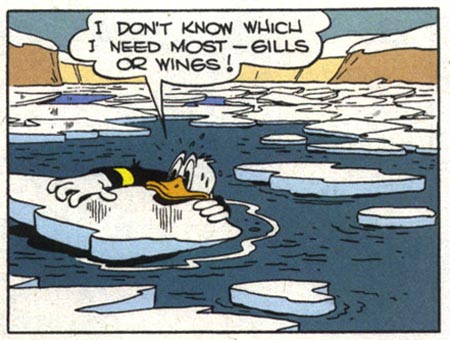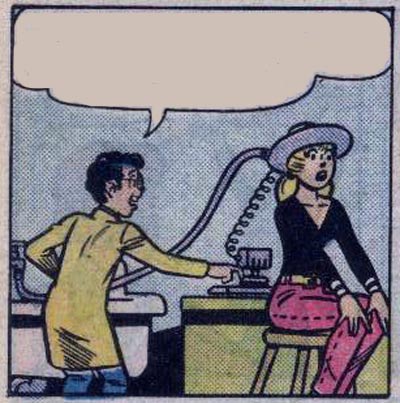So I happened to be watching some Batman: The Animated Series the other day, and I felt compelled to talk about how much I enjoy the series’ version of the Joker played by Mark Hamill.
This might seem, at first glance, a little silly to write about. “Really?” you might respond. “You mean to tell me that one of the most celebrated interpretations ever of not only the Joker, but any comic book villain, is really really good? You don’t say! Perhaps you’ll favor us next with a post about how Citizen Kane is a pretty sweet flick, and that the Beatles wrote some cool songs.”
Yes yes, okay, but the reason I thought it might be moderately interesting to talk about the show’s version of the Joker is that he is so fondly remembered by fans despite being quite different from the way he’s portrayed in current comic books.
The modern day Joker (and by “modern day,” I mean you can actually trace this interpretation back decades, but it’s especially in the air today after the success of The Dark Knight and his portrayal in Grant Morrison’s Batman comics) is described often as “a force of nature.” That’s pretty much the standard characterization these days, right? Death on two legs, a man-sized natural disaster with a body count in the, what, thousand? A malicious, twisted trickster god raining blood and death and madness.
This is fine. It makes him a really powerful conceptual opposite for Batman, and it can hardly be argued that “man vs. force of nature” doesn’t make for terrific drama.
However, a thunderstorm doesn’t really make for an interesting character. I am, the record will show, a huge supporter of Grant Morrison’s superhero comics – one of those guys who’ll point to a character’s one-off appearance in an issue of JLA as that character’s definitive portrayal, etc., and you all roll your eyes. And yet, his nigh-invincible Joker personally leaves me cold, however well-done his portrayal is, because he really is just a thunderstorm. He just sort of happens, and you never know why because he is so far above you. Even his quest against Batman seems somewhat dispassionate – like he’s holding all the cards, he knows he’s going to win, and he’s just waiting for Batman to catch up. Works very well in The Dark Knight as one story, but in the ongoing narrative of superhero comics, at some point, there’s not a whole lot to do with him other than have him show up, kill people, mess with our heroes’ heads, and repeat.
Now, the animated series’ Joker is a far more human character. One of the episodes I watched recently was “Joker’s Millions,” in which a flat-broke Joker gets a massive inheritance from a gangland rival, clears his name, and blows a bunch of money, only to find out later that most of the money was fake; with the IRS after him for inheritance tax, he can’t admit that he was fooled or he’ll be humiliated. Can you imagine the Joker, as seen in most contemporary comics, being portrayed as so down on his luck? Living in a slummy motel, unable to afford food for his pet hyenas (oh yes, there are pet hyenas)? Desperately cobbling together a crime just to keep out of something so ordinary as tax trouble? Or the Joker as seen in “Mad Love,” worked up into a jealous frenzy at the mere suggestion that Harley Quinn came a lot closer to killing Batman than he ever did.
This is a Joker with highs and lows, who feels joy and disappointment, a Joker with honest-to-God passion. This is a Joker who wants things, and can’t always have them. This is a Joker who retains the grandness of his philosophical and conceptual war against Batman, but is also petty enough offended when he’s tossed out of the Gotham City Comedy Competition.
There is a guy I’d be interested to read more about on a regular basis!
